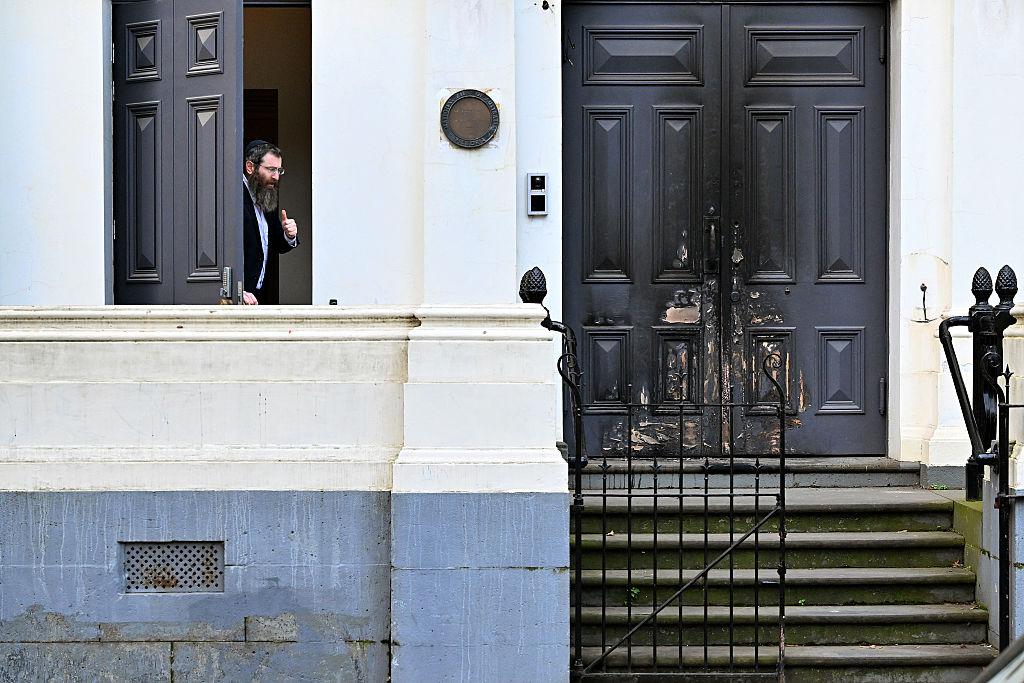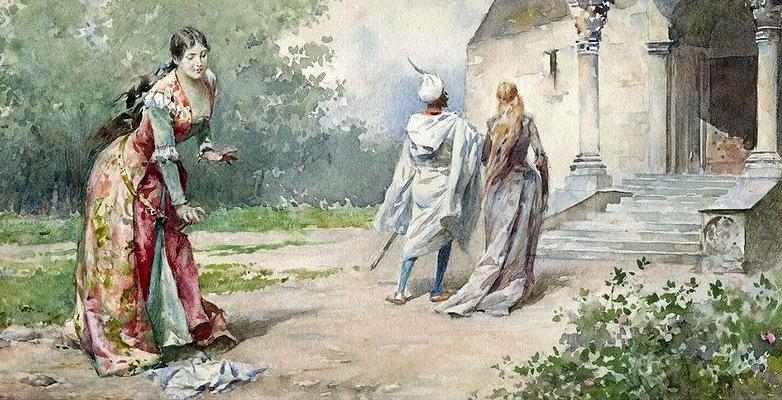Commentary
Looking at the Guardian recently, the house journal of the British woke intelligentsia, I noticed a picture of a soccer crowd at the current European championship—a crowd as overwhelmingly male as any meeting of atomic physicists. They looked so horrible and ugly, so brutish, that I assumed at once that they must have been English.





